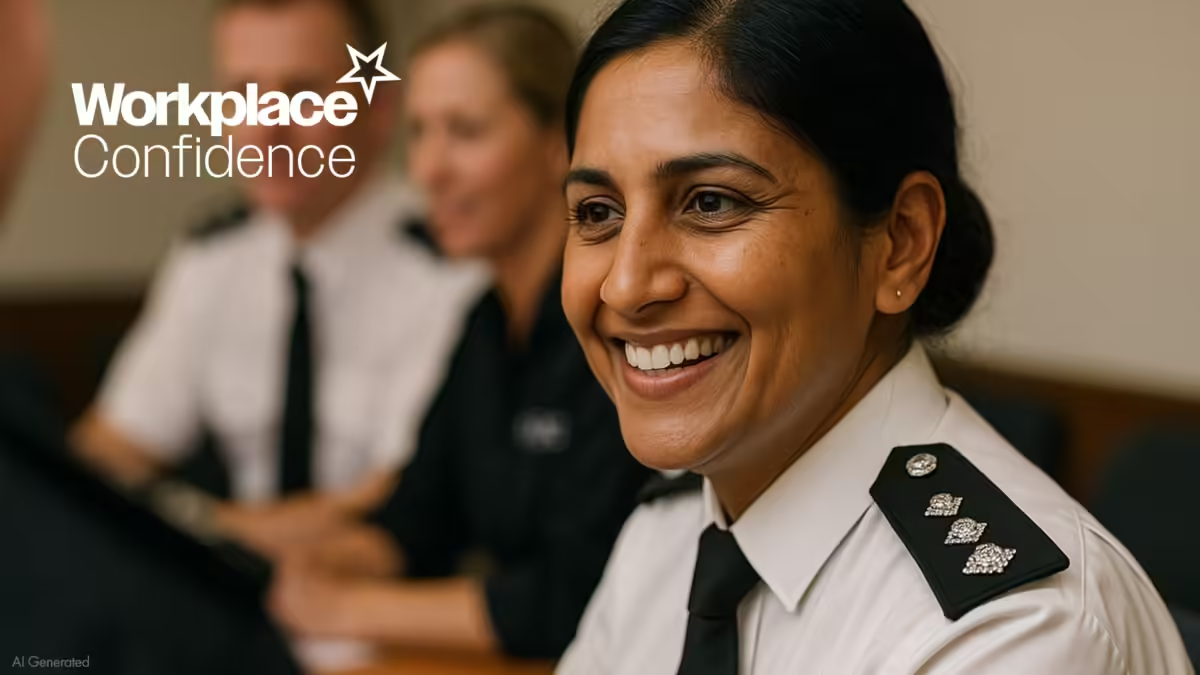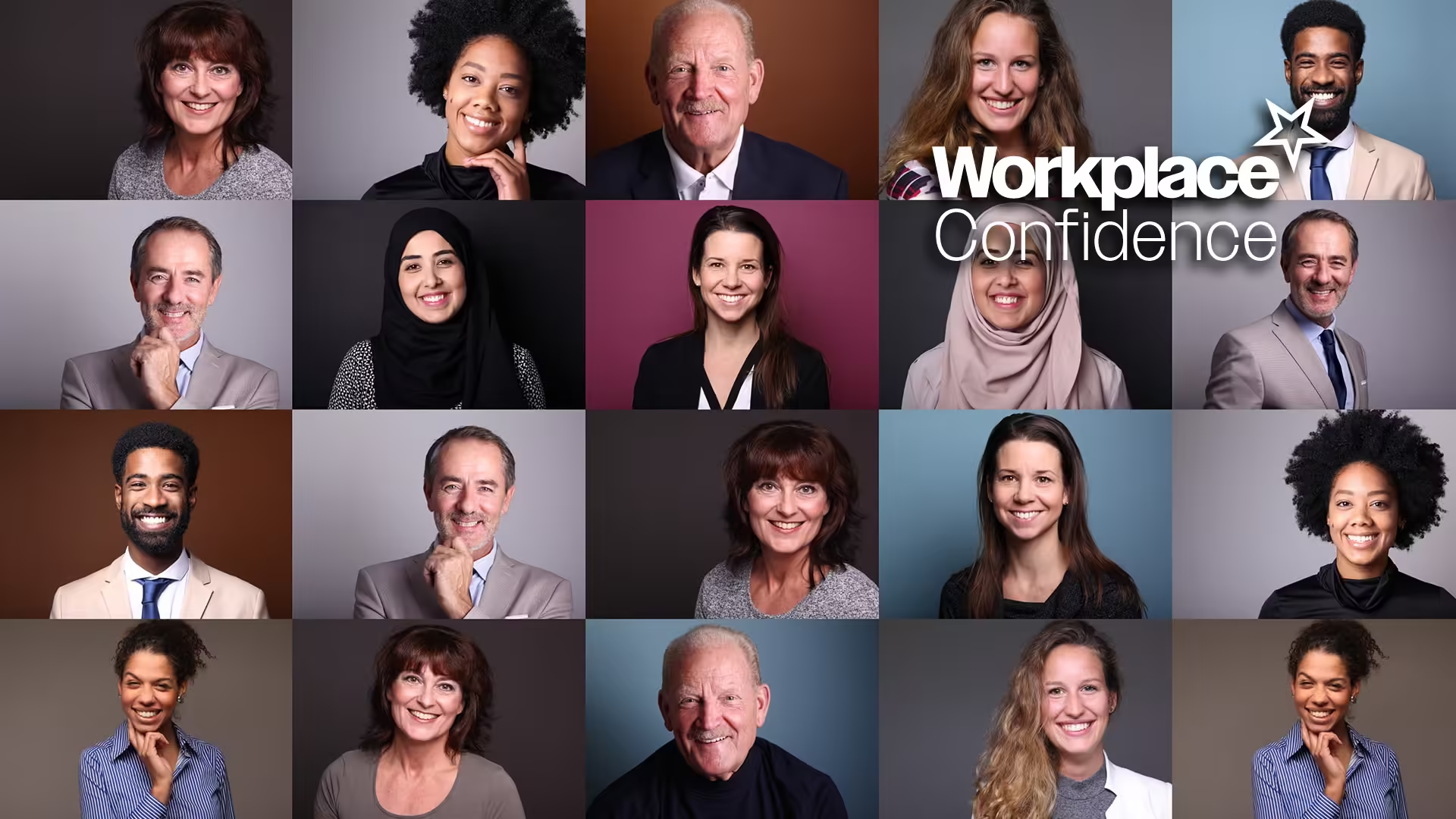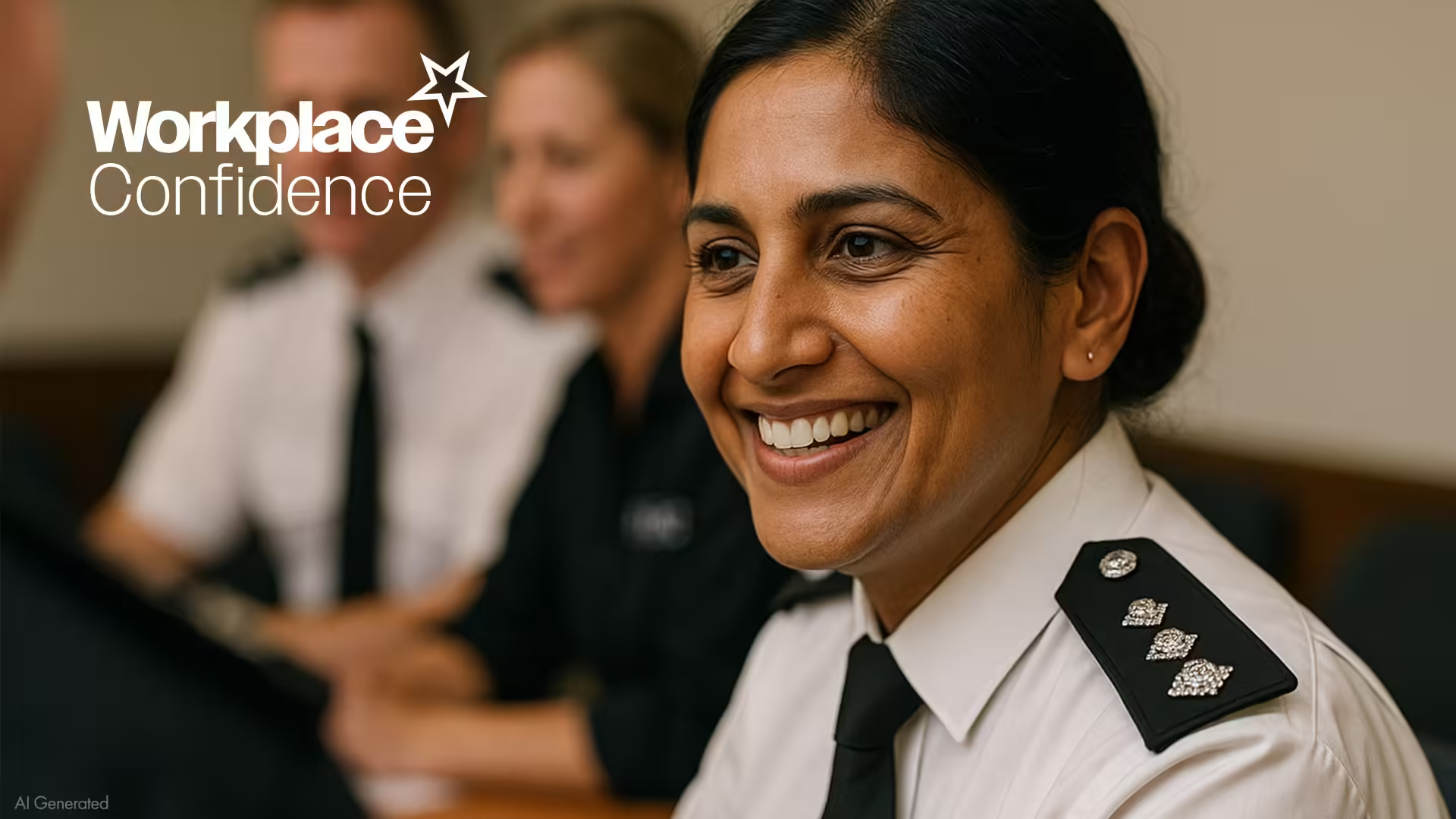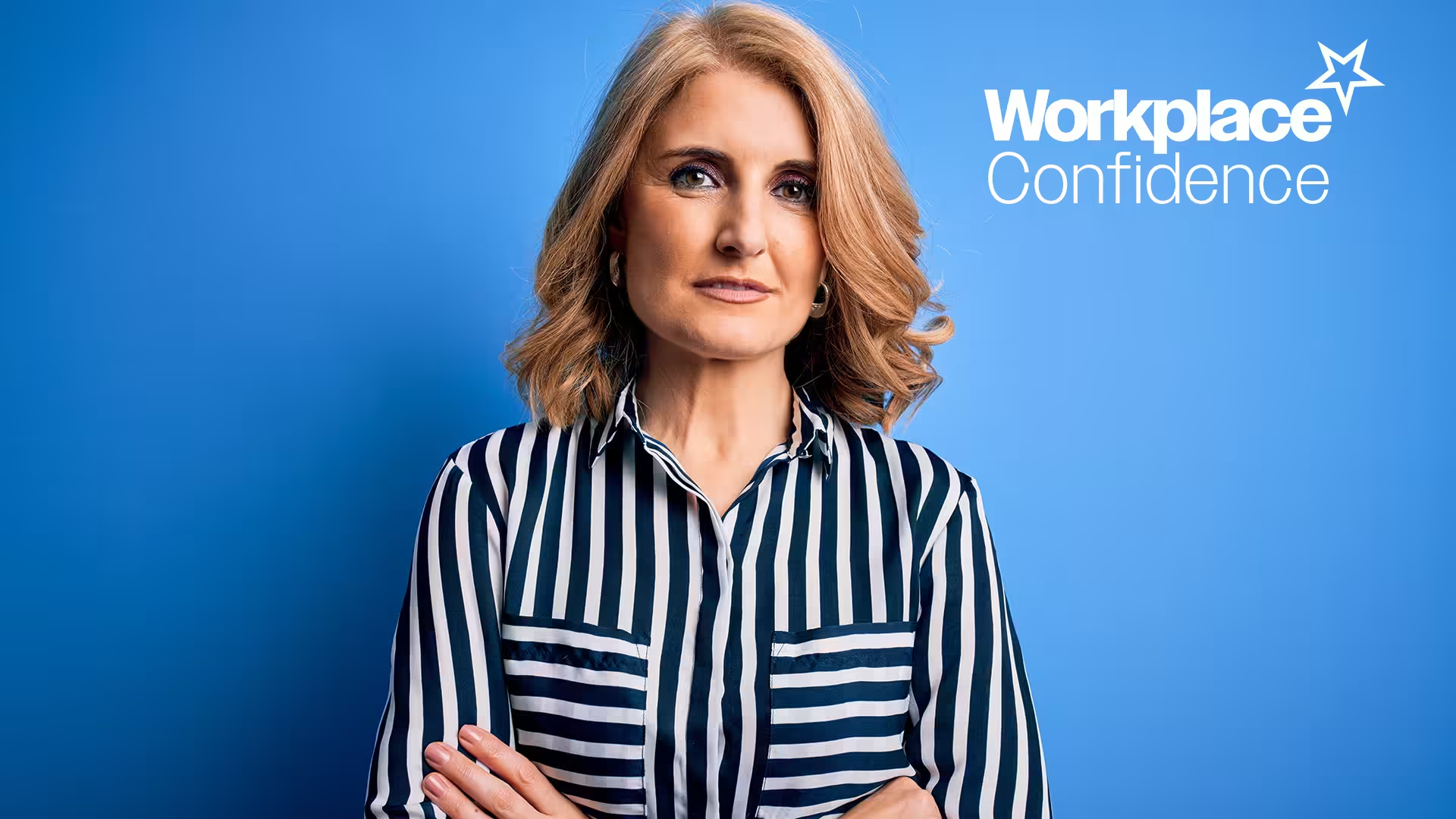
Inside the study: what we’ve learned from mastermind groups in police leadership
- Introduction
- What the research into mastermind groups set out to explore
- What the research found: the potential of peer-led learning
- Mastermind groups - The challenge of putting good ideas into practice
- What makes mastermind groups succeed
- How organisations can make mastermind groups thrive
- Why mastermind groups matter for confidence and culture
- Conclusion – Mastermind groups, small idea, big impact
- About the research
1. Introduction
At Bit Famous, we’ve seen first-hand how powerful peer learning can be. When colleagues come together to talk openly about their challenges, swap ideas and hold each other accountable, something clicks. Confidence grows. Problems get solved. People stop waiting for permission and start making things happen.
Up to now, most of our evidence has been anecdotal. We knew the impact was real, but we wanted to know if our gut feeling stood up to proper scrutiny. So, in early 2025, we partnered with Northumbria University and the College of Policing to find out.
Bit Famous had been invited to deliver Workplace Mastermind Groups training for the College of Policing — introducing leaders to a practical, peer-led approach to problem-solving and professional development.
We joined a programme to support the careers of senior police leaders — officers at Superintendent level and above, many from diverse backgrounds — who are being encouraged to reach the highest ranks of their profession.
Researchers at Northumbria University evaluated the impact of our approach, gathering data from more than 80 senior police leaders before their training, 26 immediately after and a smaller group of six participants three months later.
The findings are fascinating. Participants showed strong gains in understanding how to set up and run mastermind groups, and many reported feeling supported by peers and managers in applying what they had learned. There were small upward trends in job satisfaction and collaboration too. Confidence stayed consistently high, which suggests these sessions helped people use the confidence they already had rather than increase it further.
In short, the research reinforces what we’ve long observed in practice: when people are given space to learn from each other, they don’t just gain knowledge — they strengthen connection, clarity and confidence in how they work.
Let’s take a look at what the data tells us.
We're finalists again!

2. What the research into mastermind groups set out to explore
- Do participants understand how to set up and run a Workplace Mastermind Group after training?
- Do they feel supported by colleagues and managers in applying what they’ve learned?
- What helps people apply what they’ve learned?
- And what gets in the way once they’re back in busy, demanding roles?

Bit Famous works with businesses and organisations to help them communicate with confidence.
By Penny Haslam
MD and Founder - Bit Famous
FREE resources for leaders and people professionals from Penny Haslam and Bit Famous
Share this page
Where people professionals share the great work they do!

3. What the research found: the potential of peer-led learning
- 89.5% said they knew what a Workplace Mastermind Group is
- 78.9% understood how to set up a group
- 84.3% understood how to run one
- 78.9% knew how to find colleagues to get started
- 84.3% understood the career benefits of doing so
Even so, the shift in mindset was evident in the qualitative feedback. Participants described feeling supported by managers and peers, with positive trends in collaboration, job satisfaction and how they worked with others. Confidence, interestingly, stayed consistently high throughout. The research did not show an increase, but it suggests participants were able to maintain and apply the confidence they already had.
The data suggests a clear picture: when people learn together, they become more resourceful, connected and capable — even when organisational pressures make it hard to act straight away. The appetite for peer-to-peer problem-solving is there; what’s needed now is the space and support to turn that enthusiasm into everyday practice.
4. Mastermind groups - The challenge of putting good ideas into practice
5. What makes mastermind groups succeed
5.1 Keep it practical and clear
5.2 Build peer support early
5.3 Keep it small and purposeful
5.4 Make the format simple but powerful
5.5 Encourage variety and diversity
5.6 Keep it light, but keep it going
We encouraged participants to focus on consistency rather than perfection — regular, short sessions are better than one-off marathons. We also suggested they set dates early and take turns leading.
6. How organisations can make mastermind groups thrive
6.1 Make space, not noise
6.2 Give permission and encouragement
6.3 Keep the follow-up light but consistent
6.4 Provide templates and practical guides
6.5 Recognise and share success stories
6.6 Build it into leadership development
7. Why mastermind groups matter for confidence and culture
8. Conclusion – Mastermind groups, small idea, big impact
The research points to the potential: workplace mastermind groups can strengthen confidence, collaboration and connection. They help everyday colleagues become better problem-solvers, and that’s the foundation of a confident, thriving workplace.
About the research
Study title: Evaluation of the Workplace Mastermind Groups Programme
Authors: Dr Vicki Elsey and Dr Kieran Ball, Northumbria University
Commissioned by: Bit Famous, in collaboration with the College of Policing
Participants: 80+ senior police leaders from forces across England and Wales
Study period: May – October 2025
Research type: Mixed-method evaluation (quantitative and qualitative data)
Purpose: To assess the impact of the Workplace Mastermind Groups training on confidence, collaboration and professional development.
Source: Northumbria University, Faculty of Health and Life Sciences, 2025
Request the source material: hello@bitfamous.co.uk












